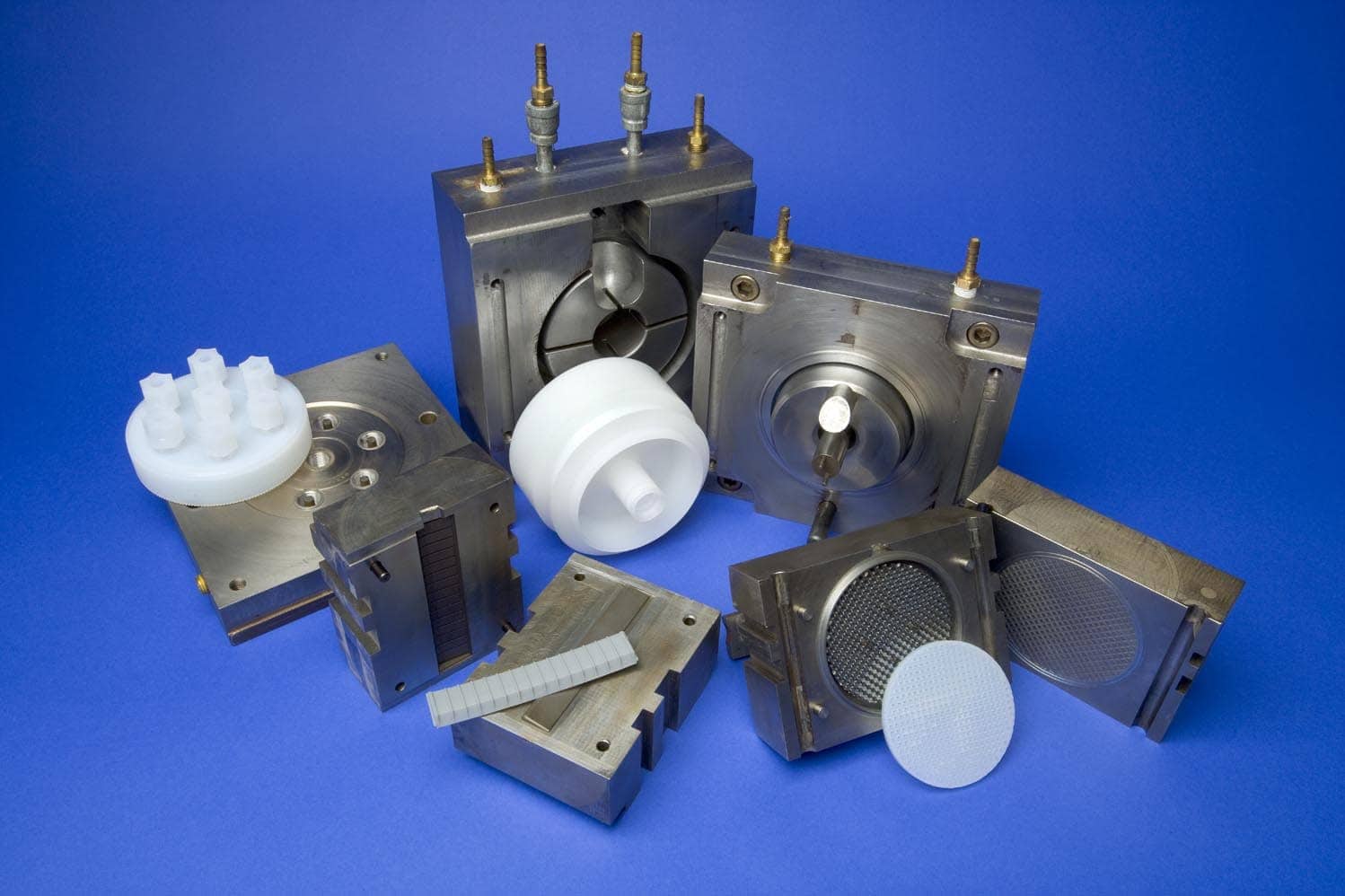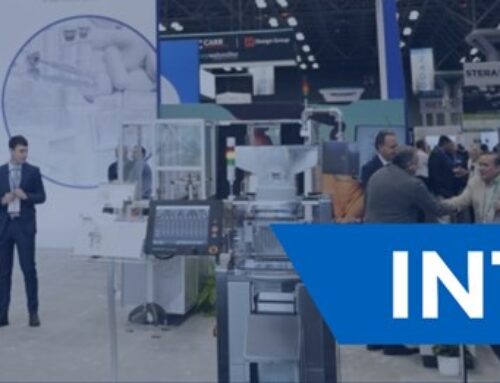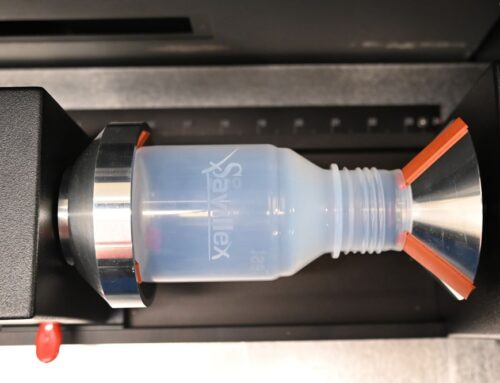
Savillex tooling and PFA parts example.
Precision-Crafted Parts for Process Fluid Heating
For Process Technology from Mentor, Ohio, the price of producing custom parts was steadily increasing – and the company needed to find a more cost-effective alternative.
Process Technology is a leading supplier of thermal products for heating process fluids, (think ultra-pure water, oils, corrosive chemicals and the like), used in the semiconductor, pharmaceutical and medical device manufacturing industries.
Several of these thermal products feature specially designed fluid transfer fittings. Because no outside contamination can be introduced to the process fluid, these fittings must be made from high-purity, chemically compatible and heat resistant materials. With those requirements in mind, Process Technology’s engineers chose PFA (perfluoroalkoxy) as the material for their fittings.
Injection Molded PFA Provides Lower Entry Costs
Given all the benefits of switching to PFA we’ve covered in past blogs, you might assume Process Technology produced their fittings from PFA and lived happily ever after. Well, not quite.
Their PFA fluid transfer fittings were initially manufactured by machining them from extruded PFA rod stock. But as the popularity for Process Technology’s thermal products grew, so did the demand for larger quantities of PFA fittings, and with larger quantities came higher initial manufacturing costs.
That’s when Process Technology engineers contacted Savillex to see whether producing their fluid transfer fittings with injection molded PFA would be more cost-effective, given the quantities required.
The Savillex team discovered that there were actually eight different fittings used by Process Technology. What’s more – the individual fitting designs were highly complex, with specific features that needed to be precisely reproduced with little to no room for even the smallest variation.
In response, Savillex came up with a custom tooling concept that included a single master unit die set and several interchangeable inserts and cores.
The tooling was further simplified to produce only near-net shape blanks – in other words, parts that are close to the final shape – that greatly reduced PFA material costs compared to the previous rod stock.
However, the tooling did require secondary CNC machining operations to reproduce the original fittings’ tight tolerance features. Savillex then machined these features into the molded near-net blanks to finish them off.
By using the combination of molded PFA fitting blanks and CNC machining for more critical features, Process Technology saw a significant reduction in their tooling costs and still benefited from the efficiencies of producing molded parts.
Before you go, read up on how we helped another client of ours solve production challenges through improved tooling design, and be sure to check out our full slate of custom services.



